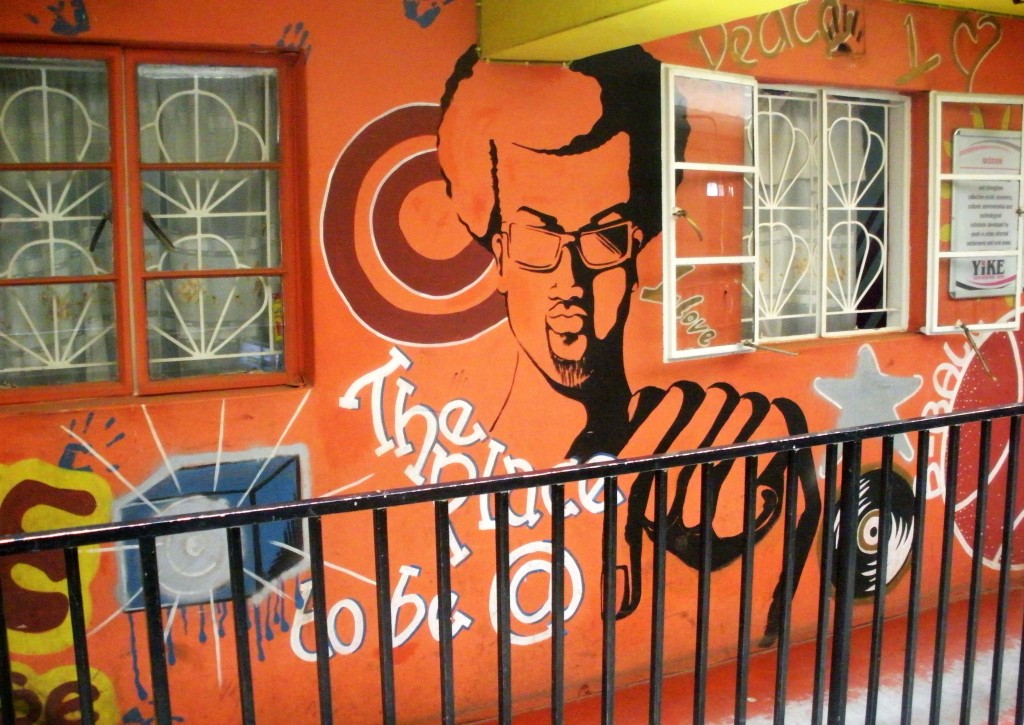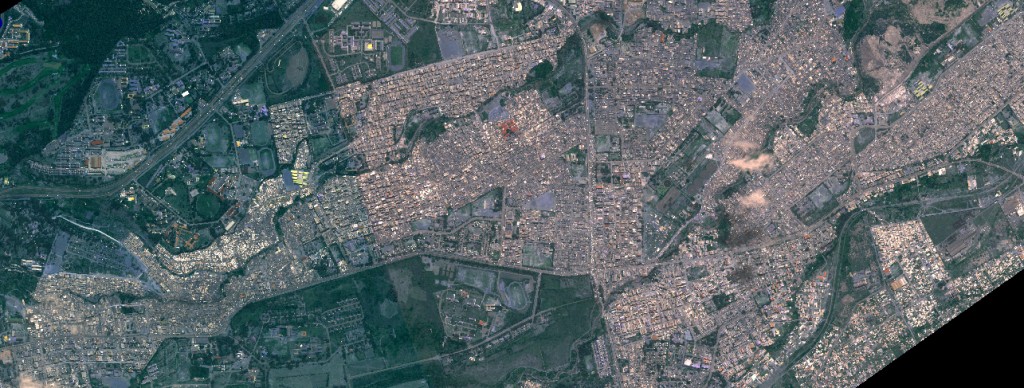
Youth Initiatives Kenya
I have decided I’m going to post my working diary or my weekly reviews for a number of reasons. First reason is transparency. I want my work to be transparent, out there, without secrets. Second is advice. We’re working in different terrains than the ones we come from, meaning geographically and culturally, and we need advice from people in order to better understand the places we work in and to minimize the conflict. It’s also good practice to keep track. Last but not least is that we DO want our programs to be replicated in as many marginalized areas as possible and this will hopefully be a good reference point for how to do it.
To keep everybody up to date I’ll start by shortly summarizing the work we’ve done (mostly the work I’ve been involved with) in the past couple of weeks.
KIBERA
The most important task that lies ahead of the whole team and the teams in Kibera is working on sustainability of the three programs (Map Kibera, Voice of Kibera and Kibera News Network). This means that we’re working with our teams on strategic vision and mission, future activities, internal structure, budget and fundraising, and procedures for recruitment and membership. It’s not an easy task by any means; it takes a lot of our time and nerves but it’s a necessary, crucial and probably the most important step of the programs. I’ll let my collegues Mikel, Erica, Jamie and Jane talk more on bureaucratic issues and the fun they have with lawyers and other administration people.
We’re still working on an Atlas of Kibera with Emma Engelson, who used to work as an intern at UN-Habitat. The Atlas will contain 5 maps focusing on health, education, water and sanitation, security and religious institutions and an additional poster with a big map and detailed description of the project. It’ll then be up to our mapping team to distribute the Atlas in Kibera to schools and NGOs and others, and to talk and hold lectures about the data they’ve collected in order to build the communication around it with different stakeholders and other interested parties. In other words they need to make this data now come to life.
We were also working on the publicity of mapping and all the other programs – we understand it’s important to be out there, we need to make the community know who the Map Kibera teams are and understand what they do, let them know where to go to obtain data and where to go to put themselves on the map or get their voices out there. For that purpose we’re working on a comprehensive media launch for Voice of Kibera and Kibera News Network and also on making maps visible by displaying them on public places, walls etc. Another big task!
Another issue concerning Kibera programs is trainings in Mathare. How will our teams participate in the trainings of the Mathare participants? For that purpose we had a three day long work shop with an amazing Dr Mark Skipper from Aptivate on inquiry led learning in an inquiry-led way – sort of training for trainers. I believe all the teams did really well; I also believe they now better understand why working together and expansion is important and inevitable. The details of the training should fit into a blog of its own.
MATHARE
I’ve mentioned it above that we are, or better have been, slowly moving our operations to Mathare.
In the last month I’ve spend many days roaming Mathare with Simon Kokoyo to find the venue for trainings. I visited a bunch of organizations like Community Transformers, YIKE, NGEI 1, Youth Congress, Mathare Environmental (Pequininos), Rebel Film Board, Nzumari, Community Development Center Huruma, Furaha Educational Center, Maji Mzuri and many individuals. We found some very nice locations for our trainings and people were very excited that a programs like ours are coming to Mathare – which is good news.
Jamie and I have been working on a work plan for the next 4 months in Mathare. We had a meeting regarding this work plan with our partners Plan Kenya, their local partner in Mathare CCS (Comunity Cleaning Services), and COOPI. The main massages from the meeting were:
* In order for the programs to become sustainable we “mzungus†must not be the entry point in Mathare. That’s why Rose and Joseph from CCS and Simon from COOPI and Community Development Center Huruma undertook the task of community mobilizing and planning and facilitating activities for an open forum. The open forum will be the entry event, a “trigger†into Mathare programs.
* Need to mobilize the leaders, elders, chiefs whose role in the program will be the role of community organization and mobilization. Make sure they are informed and give them key selling points (information to direct resources).
* Gender equality; mobilize young women to the initial forum.
* Address structure owners, if it comes to it, by explaining to them that we’re investing in their needs (needs like introducing water and sanitation infrastructure).
* If there is any chance of sustainability of the programs there should be an income generating activity. This is a very delicate issue as we’re not offering jobs but trainings, and the ability to learn new skills. So our message from the start should be, as Simon said, that we’re enhancing value to the existing services and the data can be used to better lives.
* Start simple at the beginning and then grow. This means we present the skills but let people decide how to use them, we let people to think about the issues and places that need mapping and reporting – this will be, should be, and should stay community driven programs.
* Preparation of teams in Kibera for the roles of trainers.
In other news: we have successfully obtained the satellite imagery of Mathare and had a plan to digitize its borders, with the help of Map Kibera technical team (Hassan and Zach) but in the meeting with Plan, CCS and COOPI it was said not to start with the digitalization of the borders because people need to be somehow included in drawing up the borders of Mathare. I also realized that the villages in Mathare are many and the borders are very disputable. There was even some discussion on what is Mathare area.
I raised an issue regarding how big the buffer area of Mathare is and if we need to include the buffer into our mapping efforts. Apparently the buffer area is quite big as people in Mathare depend a lot on the surrounding areas (like business along Juja road or Thika road and parts of Eastleigh) and the decision was that we should include these areas because they are of big significance to the Mathare people.
We will still proceed with the digitalization of main buildings and roads from satellite imagery.

Mathare and sorrounding areas
In order to start preparation for the video component in Mathare we visited Rebel Film Board which consists of a group of young people from different youth groups which were trained in video and editing by Owen from Rebel Film Board. We also met with Jeff Mohamed, a young and talented documentary film-maker, Nathaniel who has a lot of experience in filming and video editing, and representatives of Slum TV. They can all be of great help and a big resource in the area of video reporting. We wanted to build a core team around these guys who would be, along with KNN guys, the point personnel of the video component. At the same time, fears were raised that the level of expertise of this group might intimidate newcomers, so while these guys will certainly play a big role, this role is still being defined.
There’s more to say and much more has happened, but for the start this should be enough, even too much. The main message should be Kibera is still kicking and it’s getting a new feel to it. Mathare is kicking off. Stay tuned. It’s bound to get fun. I’ll keep you posted.

